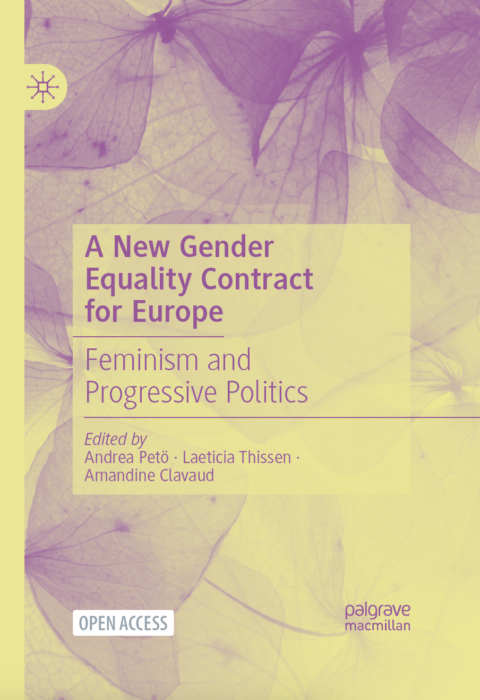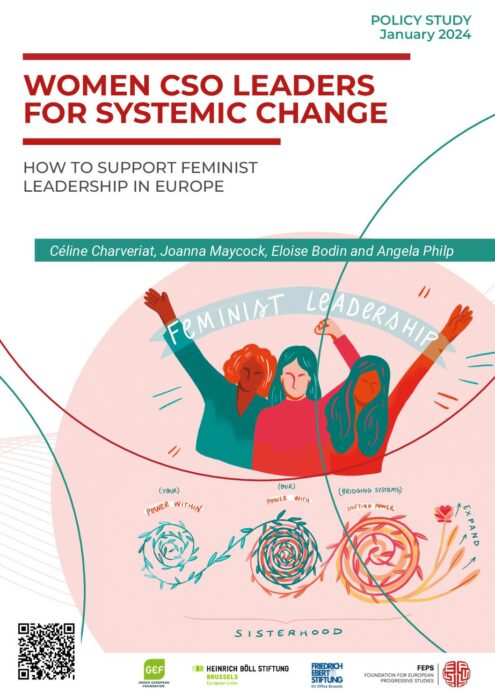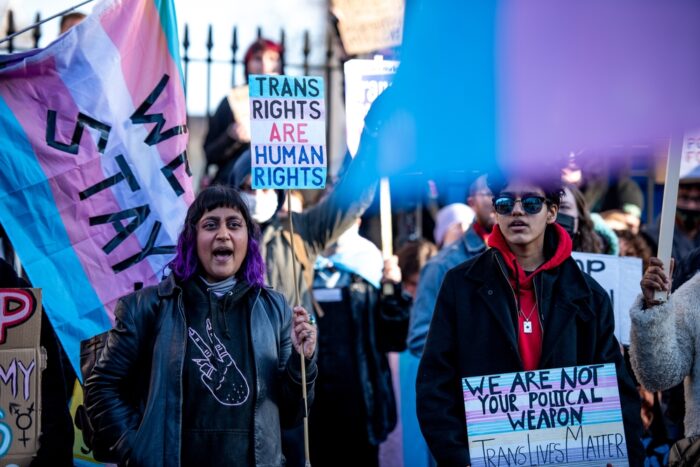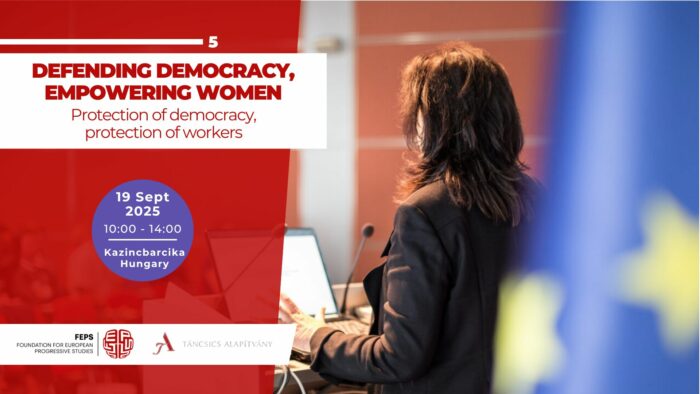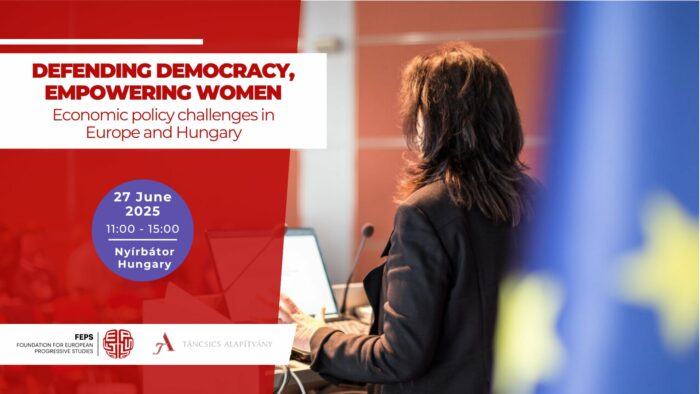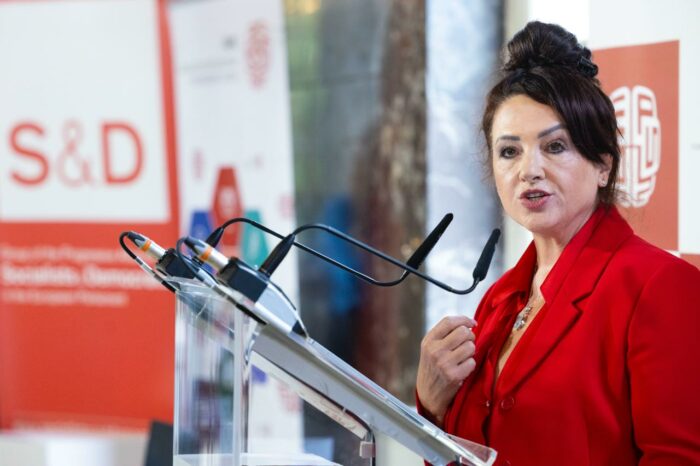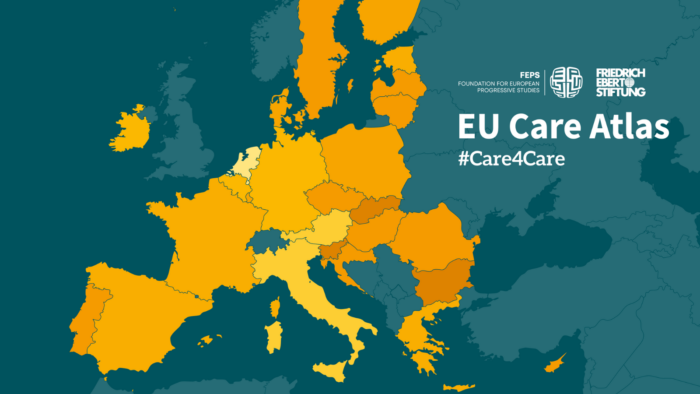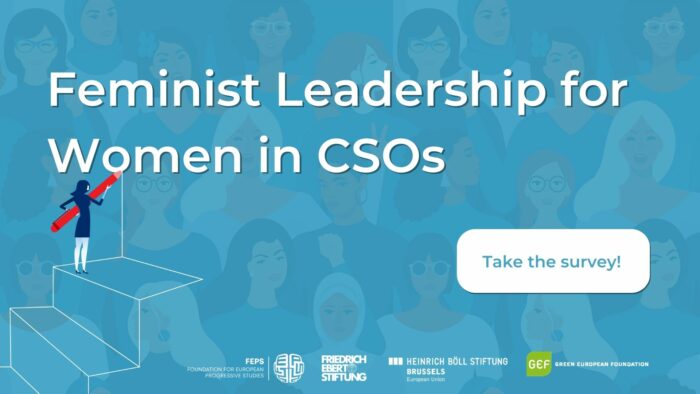Find all related publications
Publications
Find all related Progressive Post
Progressive Post
Find all related events
Events
Past
19/09/2025
Kazincbarcika, Hungary
27/06/2025
Nyírbátor, Hungary
25/09/2024
Académie Royale, Brussels
Load more...
Find all related Audiovisual
Audiovisual
03/03/2025
03/03/2025
07/09/2024
06/06/2024
Find all related news
News
Find all related in the media
In the media


